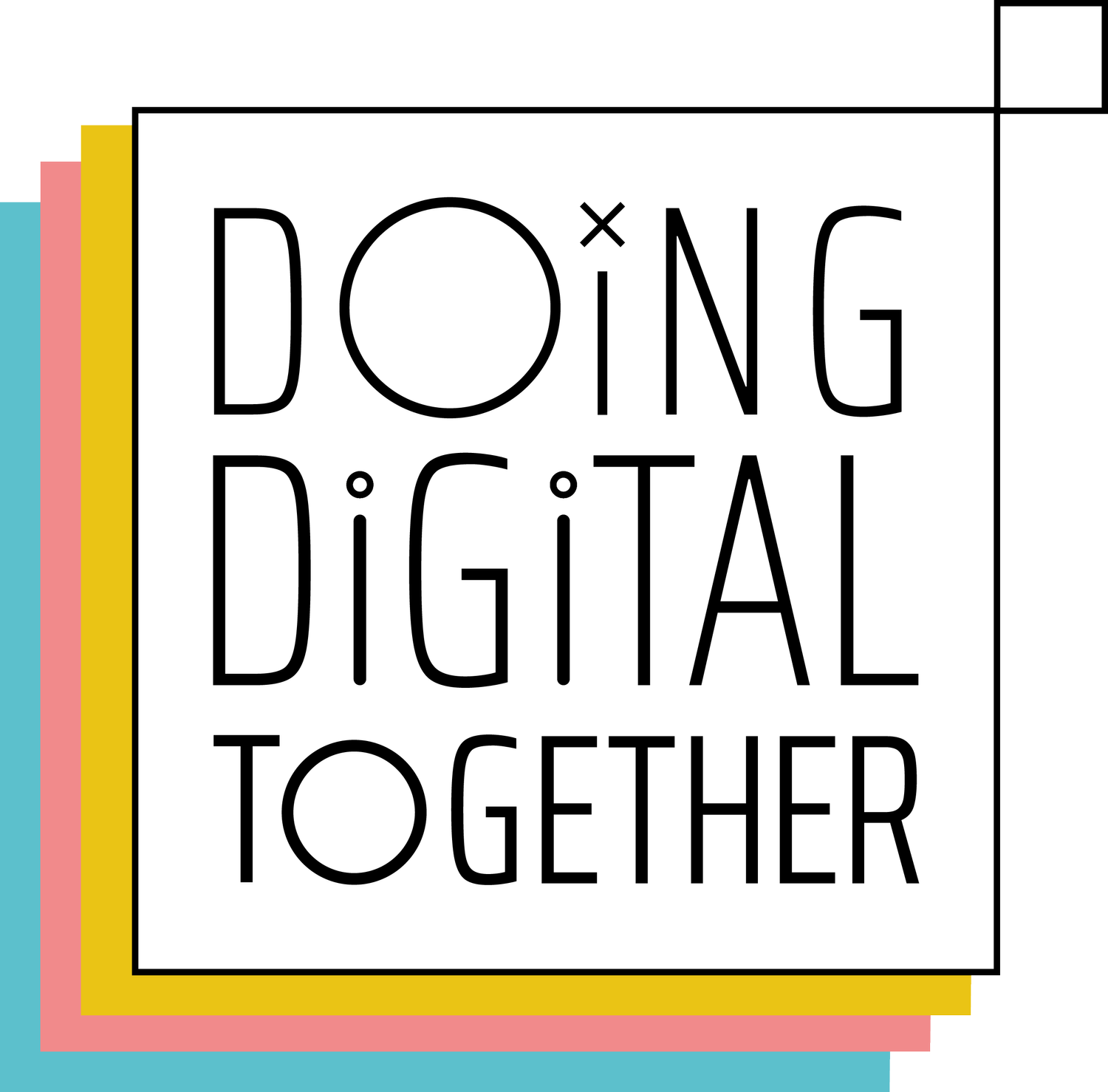International Digital Rights Day: What Are Digital Rights?
It’s International Digital Rights Day!
Defining ‘digital rights’ can be tricky. Without a definitive convention of rights, any conversation challenges contributors with a question: what are digital rights, or what should they be? Set out to uncover a collection of universally agreed principles, and you’ll soon find yourself lost in a labyrinth of dubious suggestions, courtesy of your search engine of choice.
Technology is evolving at an unprecedented rate, intertwining with every aspect of our daily lives. In the past week, how many of us have curled up on the sofa to watch a show on a streaming service, moved money between accounts online, or heard the familiar ping of a notification on our phones? Digital is so ubiquitous in our lives that a lack of access can leave those without the skills and resources to get online excluded from wider society - amputated from connections to community, information, and vital services.
For many cities, enabling equitable and inclusive access to digital is an essential foundation to the progression and protection of digital rights. Lacking the ability to access and use digital technology, an individual’s freedom of expression and access to information is severely limited. Those with the skills, resources, and confidence to navigate the online world effectively enjoy significant privileges – from greater access to opportunities, to the capacity to engage fully in everything that society has to offer.
Would you have been able to apply for your last job, watch the last show you enjoyed, or book your last appointment without access to the Internet?
Without digital equity, we cannot build a society that meaningfully safeguards essential human rights. Digital inclusion efforts must go beyond providing devices to vulnerable people and communities. Instead, they must also offer opportunities for people to develop the skills needed to mitigate the inherent risks of life online. By fostering digital inclusion at a local level, cities can protect and champion digital rights that improve everyone’s quality of life.
Even confident Internet users can be left vulnerable to encroachments on their human rights through technological advances. From the lack of regulatory frameworks that would empower local authorities to ensure that digital technologies are used responsibly and equitably, to concerns over the ways data is collected, stored, and accessed, ethical challenges around the defence of human rights in an age of advancing technology have only intensified. Cities continue to grapple with questions of how to protect universal rights such as equality, inclusion, and privacy without compromising freedom and innovation.
Responsible data practices that empower individuals to understand and control how their data is collected, stored and shared online are key to protecting rights online. Without commonly agreed standards of data transparency, how can the right to access information be meaningfully upheld? Through advocating for Open Data strategies – that is, data that anyone can access, use, and share – we can democratise data access to inspire innovation, build trust between authorities and the public, and support collaborative efforts to address societal challenges.
The Cities Coalition for Digital Rights, launched by the cities of Amsterdam, Barcelona and New York in 2018, aims to support cities to promote and defend digital rights through collaborative action and the development of legal, ethical and operational frameworks to advance human rights in digital environments.
The Cities Coalition for Digital Rights, launched by the cities of Amsterdam, Barcelona and New York in 2018, aims to support cities to promote and defend digital rights through collaborative action and the development of legal, ethical and operational frameworks to advance human rights in digital environments.
Through all these interweaving threads also runs a belief that those most likely to be impacted by decision-making around digital should have equal opportunity to shape digital infrastructures and services. For new technologies to adequately protect the rights of the people they are intended to benefit, it is vital that communities have opportunities to influence the development of digital policies from inception to advance collaborative approaches serving the common good. The policies developed by governments and local authorities have a direct impact on the daily realities of thousands of people. By engaging communities in co-creation processes, we can ensure that policies address local challenges and ensure that the impact on residents is beneficial to their lives.
As the closest democratic institutions to communities, cities are uniquely positioned to promote and defend the digital rights of their residents.
At Manchester City Council, we’re proud to join over 60 cities across the world in celebrating International Digital Right Days, a global campaign by the Cities Coalition for Digital Rights. Highlighting articles, activities, and events from cities across the world, International Digital Rights Days champion the actions we can collectively take to ensure that digital experiences are safe, inclusive, and equitable. We couldn’t be more excited to stand alongside the international community in advocating for a digital future that upholds the universal rights to which we are all entitled.








